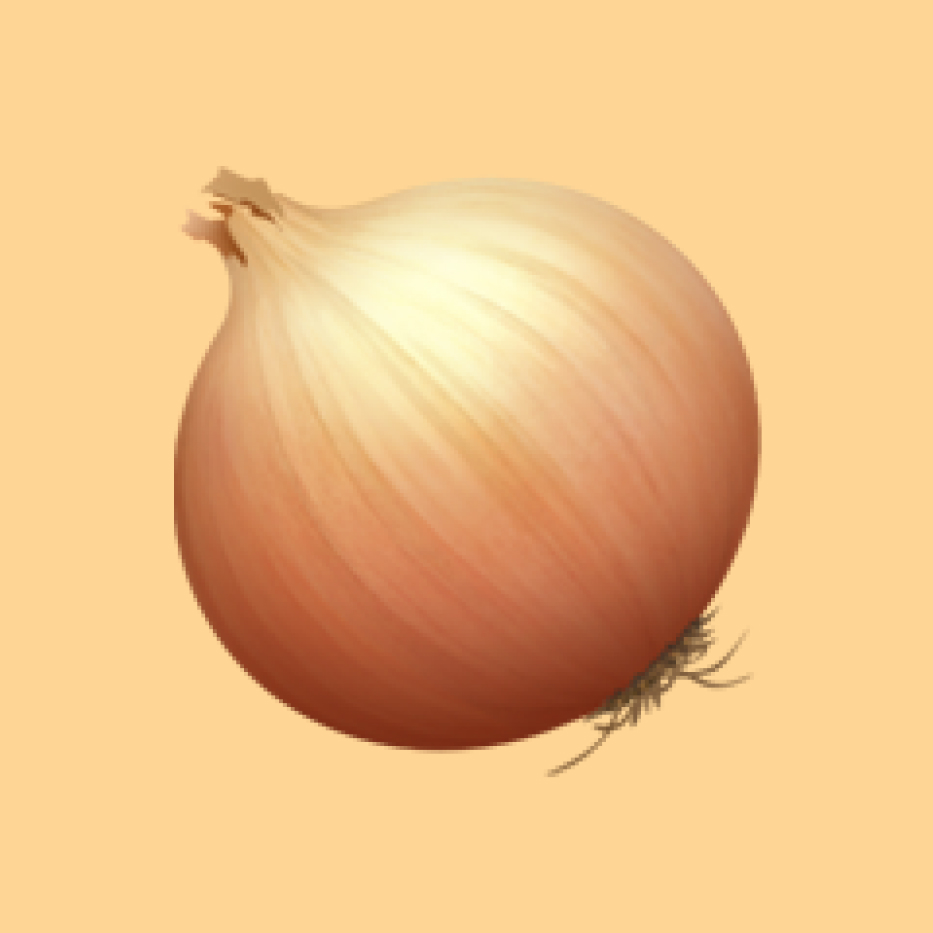Why do we call it a "honeymoon"? | | Explore the sweet origins of "honeymoon," from medieval honey harvesting and Viking wedding mead to its evolution as a post-wedding getaway. | |  | Bennett Kleinman |
|
| |  | | F or most brides and grooms, the post-wedding period is an exciting time of overt love and joy. Many couples immediately embark on a trip — commonly called a honeymoon — to celebrate their nuptials. But unless the newlyweds are beekeepers by trade, it's natural to wonder how "honeymoon" came to refer to a wedding vacation.
The term's connection to marriage dates back to the mid-16th century, first spelled in Old English as hony moone. At this point, it referred not to a vacation, but to a period of love and happiness immediately following marriage. Today, this usage is still around, but chiefly in the context of the "end of the honeymoon period." Outside of marriage, "honeymoon" (spelled "honiemoone" in 1579) could also refer to friendly political relations. Again, this usage might be applied today in the sense of the honeymoon period ending between factions. It wasn't until the late 18th century that the term referred to a post-wedding vacation.
No matter the context in which "honeymoon" is being used, the word most likely comes from a nickname for the actual moon. The first full moon after the summer solstice in late June is sometimes called the "Honey Moon" or "Mead Moon" (mead being an alcoholic drink made from honey). There are a few connections to marriage and weddings: The Honey Moon marked the beginning of honey harvesting season in medieval Europe, and summer has long been a popular time to get married. It was also very common to drink mead at Viking weddings and other northern European marriage celebrations, thus cementing the connection even further. The mead symbolized a sweet life ahead for the happy couple.
While we can trace the evolution of the term "honeymoon" over time, it's difficult to pinpoint exactly when it made the leap from a general period of love to a specific vacation (and we're not even looking at the neologism "babymoon"). But our best guess is that it simply has to do with the sweetness of marriage, and that there are few things sweeter than honey. |
| | Continue reading | |  |
| |
| | Thanks for supporting our sponsors! They help keep Word Smarts free for everyone. | |
Emoji Decoded | |  | | Onion | | | Meaning: Displays an onion bulb with papery skin, commonly used to indicate cooking, food preparation, or crying.
Evolution: The Onion emoji was added in 2019 along with other food content including Butter 🧈, Garlic 🧄, and Waffle 🧇. While primarily used for cooking references, it's sometimes used metaphorically to represent layers or complexity.
Usage: [Recipe video comment:] My eyes are already watering watching this 🧅 😭 |
|
 | | Onion | | | Meaning: Displays an onion bulb with papery skin, commonly used to indicate cooking, food preparation, or crying.
Evolution: The Onion emoji was added in 2019 along with other food content including Butter 🧈, Garlic 🧄, and Waffle 🧇. While primarily used for cooking references, it's sometimes used metaphorically to represent layers or complexity.
Usage: [Recipe video comment:] My eyes are already watering watching this 🧅 😭 |
|
| |
Have you read? | |  | | Traveling: On the Path of Joni Mitchell | | By Ann Powers | | "Veteran NPR music critic Powers, author of 'Weird Like Us' and 'Good Booty,' clearly admires Mitchell's creative restlessness, but she also challenges some of the received wisdom about Mitchell's life and career and calls out her more problematic moves. … Powers offers more than mere hagiography, positioning Mitchell as 'an embodiment of freedom and singularity, of sorrow and of play.'" | | | | Kirkus Reviews | | | | We independently evaluate all recommended products and services. If you click on links we provide, we may receive compensation. |
|
 | | Traveling: On the Path of Joni Mitchell | | By Ann Powers | | "Veteran NPR music critic Powers, author of 'Weird Like Us' and 'Good Booty,' clearly admires Mitchell's creative restlessness, but she also challenges some of the received wisdom about Mitchell's life and career and calls out her more problematic moves. … Powers offers more than mere hagiography, positioning Mitchell as 'an embodiment of freedom and singularity, of sorrow and of play.'" | | | | Kirkus Reviews | | | | We independently evaluate all recommended products and services. If you click on links we provide, we may receive compensation. |
|
| |
You might also like | |  | | | | Who Invented Cursive? | | Handwriting is almost as unique as a fingerprint, but we're all taught how to write from the same basic lessons. Who invented the swirls and curls of cursive script? |
| | | |
|
![]()
![]()
![]()
![]()
0 Comments:
Post a Comment
<< Home